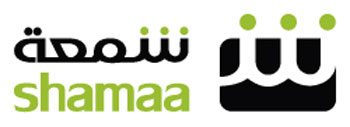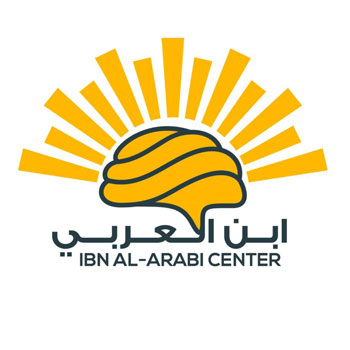Woman’s Literature between Pleasure and Persuasion: Abi Aswad Daouli’s Wife dDbate with Her Husband as a Case Study
DOI:
https://doi.org/10.56989/benkj.v4i8.1199Keywords:
literature of woman, persuasion, pleasure, debateAbstract
This study aims to uncover woman’s literature which has long been obscured, especially that of antiquity and to highlight the artistic and creative aspects of this literature. It also seeks to highlight how women’s use of persuasive mechanisms and rhetorical methods could combine the two elements of persuasion and pleasure to which novel rhetoric devoted a wide range of study and research.
The study adopted the historical method in its monitoring and analysis of events that occurred in a certain historical period. It also used the description mechanism and the various mechanisms of pilgrims. The study concluded that the woman was able to produce a speech that combines artistic pleasure and a strong and compelling argument.
It also concluded that the woman, in addition to her eloquence and eloquence, was distinguished by great intelligence, wide wisdom, high experience in the reservoirs of the human soul, and an understanding of the methods of her silence and response, which increased the strength of her speech and its beauty.
In light of the results, the study recommends the following: 1- A collection of all women’s etiquettes contained in books within ancient Arabic literature, categorizing them according to genres, genders, and topics. 2- Conducting other studies of women’s literature in the ancient era that show the artistic and rhetorical aesthetic aspects and the strength of her discourse and the depth of its topics.
Metrics
References
• آدم محمد أبو القاسم عبدالله، التخییل الشعري وأثره في تحقیق أھداف التربية لدى الناشئة. مقال - كلیة النیل الأبیض للعلوم والتكنولوجیا – جامعة السودان- مجلة العلوم الإنسانیة والإقتصادیة، العدد الثاني، المجلد 13، نونبر 2012.
• ابن منظور، لسان العرب، ج 8، الناشر: دار صادر ـ بيروت، ط3، 1414هـ.
• أبو الحسن حازم القرطاجني، منهاج البلغاء وسراج الأدباء، تحقيق: الحبيب بن الخوجة، ط1، 2008م.
• أبو بكر العزاوي، الخطاب والحجاج، مؤسسة الرحاب الحديثة، بيروت ط1، 2010م.
• بسيوني عبد الفتاح فيود، علم البديع: دراسة تاريخية وفنية لأصول البلاغة ومسائل البديع، مؤسسة المختار، القاهرة ودار المعالم الثقافية، ط2، 1998م.
• جلال الدين محمد بن عبد الرحمن القزويني، التلخيص في علوم البلاغة، ضبط وشرح عيد الرحمن البرقوقي.
• شوقي ضيف، تاريخ الأدب العربي: العصر الجاهلي، دار المعارف، القاهرة ط11.
• طه عبد الرحمن، الحق العربي في الاختلاف الفلسفي، المركز الثقافي العربي ـ البيضاء، ط2، 2006م.
• عبد اللطيف عادل، بلاغة الإقناع في المناظرة، دار الأمان الرباط، ط1، 2013م.
• عبد الله عفيفي، المرأة العربية في جاهليتها وإسلامها، ج1، دار مصر، الطبعة الثانية، 1932م.
• فاروق أسليم بن أحمد، ديوان معاوية بن أبي سفيان، دار صادر بيروت، الطبعة الأولى 1996.
• مجمع اللغة العربية، المعجم الوسيط، مكتبة الشروق الدولية، القاهرة، ط4، 2004م.
• محمد العمري، البلاغة الجديدة بين التخييل والتداول، إفريقيا الشرق، المغرب.
• محمد المنصور، أبو الأسود الدؤلي في الميزان، مطبعة مكتب الإعلام الإسلامي، الطبعة الأولى.
• محمد بدر معيدي، أدب النساء في الجاهلية والإسلام، مكتبة الآداب ومطبعتها، المطبعة النموذجية، القاهرة.
• مسعود بودوخة، البلاغة العربية بين الإمتاع والإقناع، دار الكتب العلمية، لبنان، الطبعة الأولى، 1918م.
Downloads
Published
How to Cite
Issue
Section
License
Copyright (c) 2024 Ibn Khaldoun Journal for Studies and Researches

This work is licensed under a Creative Commons Attribution-NonCommercial 4.0 International License.






























 ElDjawda Soft
ElDjawda Soft